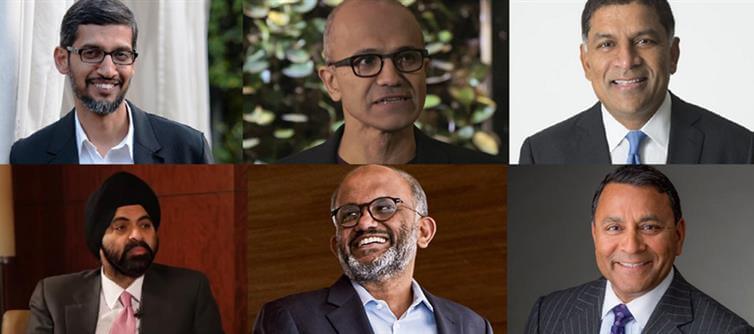
Their success, while inspiring, belongs more to the environment in which they thrived—the meritocratic, opportunity-driven system of the United States—than to the socio-political landscape of india, which remains entangled in bureaucracy, favoritism, and caste-based reservation policies that often stifle raw merit.
It is the U.S. system that empowered these individuals to rise based on talent, innovation, and performance—not their surname, caste, or political affiliation. These CEOs succeeded because they operated in a country where systems reward excellence over identity, and where ambition isn't handicapped by systemic inefficiencies. In contrast, many equally talented individuals in india struggle due to a lack of institutional support, corruption, and outdated recruitment and promotion mechanisms. Ironically, many of these top executives had to leave india to find a level playing field where their potential could be fully realized.
Instead of mistaking personal success abroad for collective national achievement, india must introspect. True national pride should come from building a system where such success is possible within the country itself. Celebrating diaspora achievements without addressing the domestic hurdles that force talent to migrate is intellectually dishonest. If india wants to genuinely claim credit for these global leaders, it must reform its educational, professional, and governance structures to nurture, retain, and reward merit at home—not just applaud it once it finds a more fertile ground overseas.




 click and follow Indiaherald WhatsApp channel
click and follow Indiaherald WhatsApp channel